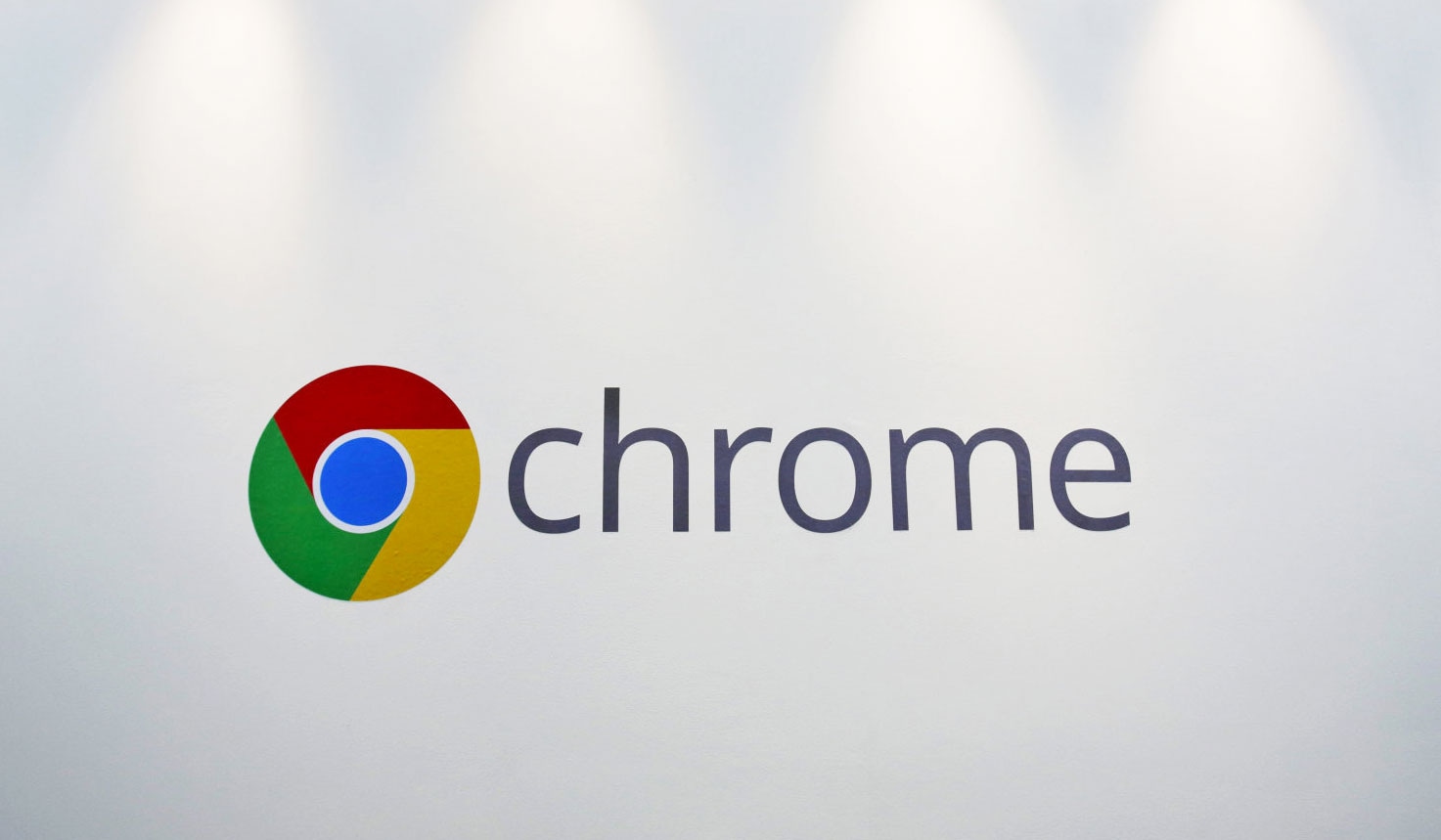VUDU FREE-TO-VIEWER AD-SUPPORTED TV

As if cable and satellite TV systems weren’t under extreme competitive pressure already, now Wal-Mart is breathing down their necks. The nation’s largest retailer owns VUDU, a streaming video platform that is rolling out an ad-supported free-to-the-viewer movie service.
VUDU currently charges $3.99 for a 1080p movie download. Through its new “Movies On Us” feature, the downloads will be free to the viewer, provided he’s willing to sit through commercials
The first of the ad-supported movie downloads include True Grit (the 2010 remake starring Jeff Bridges), and School of Rock, starring Jack Black. VUDU is promoting both titles heavily.
For any movie title, VUDU will offer the choice of renting it, buying it, or streaming the “Free with Ads” version. Some of the rental and purchase options are available in 4K or Ultra HD.
Jeremy Verba, VUDU’s general manager, said, “This new service provides value for customers who want movies and TV for free, when and how they wish to watch, without sacrificing quality.”
The streaming video market is getting ever more crowded. Last year, Dish Network launched Sling TV, a multichannel streaming VOD service. AT&T has signed carriage contracts for more then 100 channels for its DirecTV Now platform, to be launched by the year’s end. Turner Networks has been working on its own streaming VOD (video on demand) platform, FilmStruck. It’s unveiling has been delayed until November, though, because of a series of technical glitches. Comcast has conducted consumer tests of its TV everywhere VOD service. PlayStation Vue, originally a gaming platform, has has moved into streaming TV.
(For advice about any TV or internet service, talk to us. We can compare all providers and plans available in your neighborhood. Then order any service with just one phone call)










